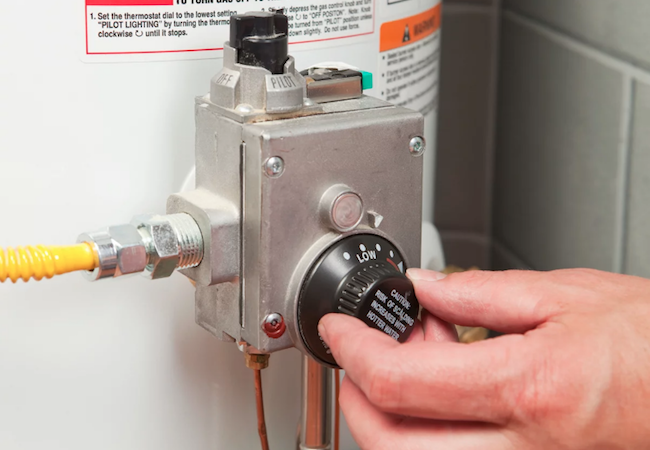We may earn revenue from the products available on this page and participate in affiliate programs. Learn More ›
Not Taking Care of the Small Stuff While It’s Still Small
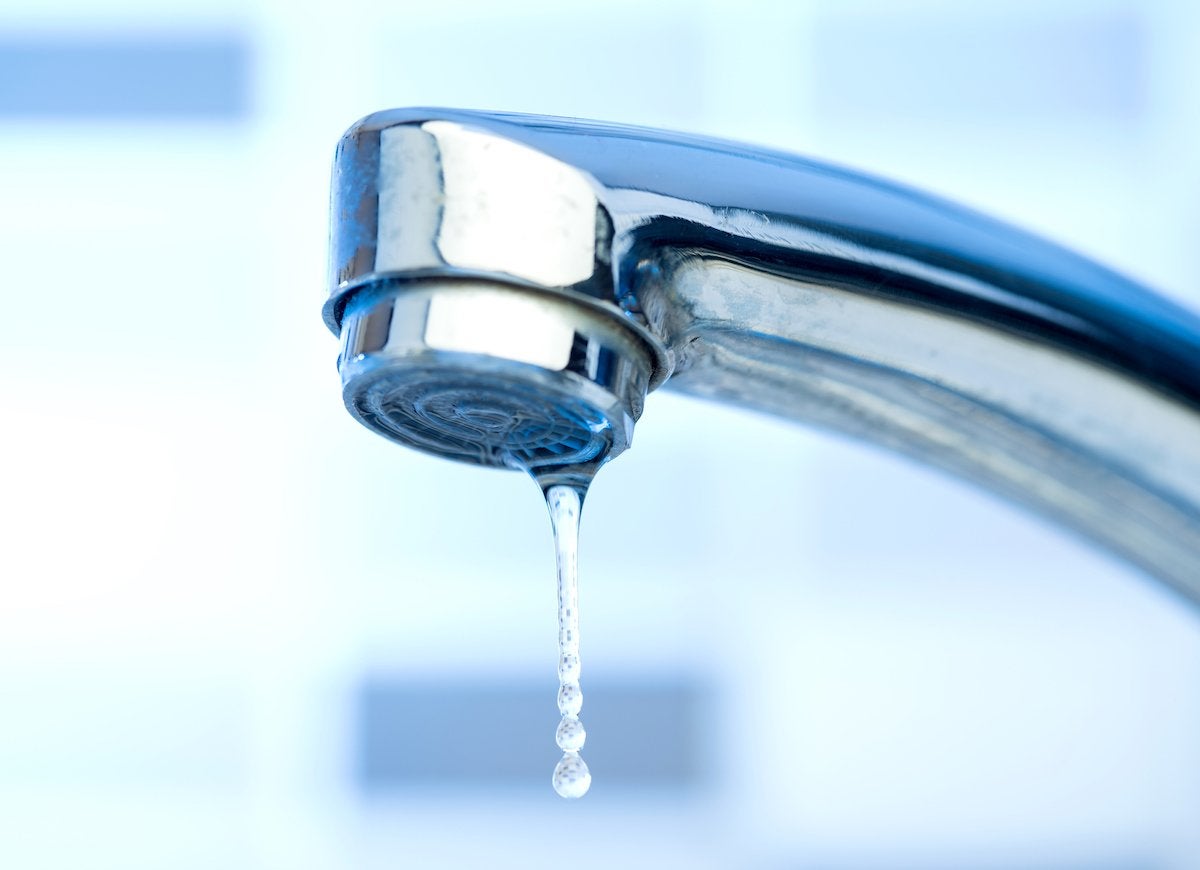
Putting off home repairs is a very common—and very risky—mistake. That slow leak or cracked fixture might seem like a minor inconvenience that has little bearing on your daily life, but left unattended, that damage could escalate into an emergency situation. What might have been an inexpensive fix in the beginning could cost you hundreds or even thousands of dollars in repair costs.
Related: The Most Popular Home Renovation Projects in America—And How Much They Cost
Hanging On to Inefficient Appliances
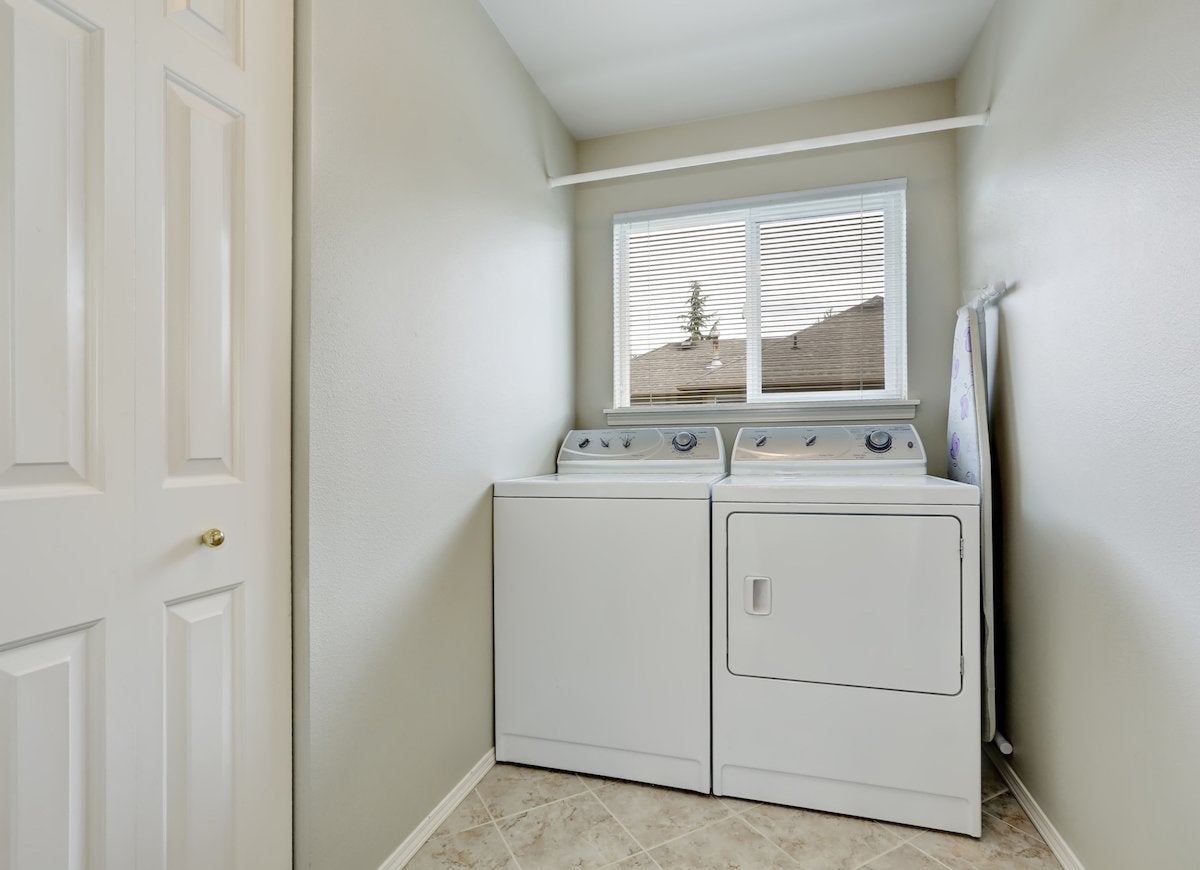
Are you still using a dishwasher, washing machine, clothes dryer, or refrigerator from the last century? If so, you’re passing up the considerable energy savings to be found with today’s high-efficiency major appliances.
Paying for Services You Don’t Need
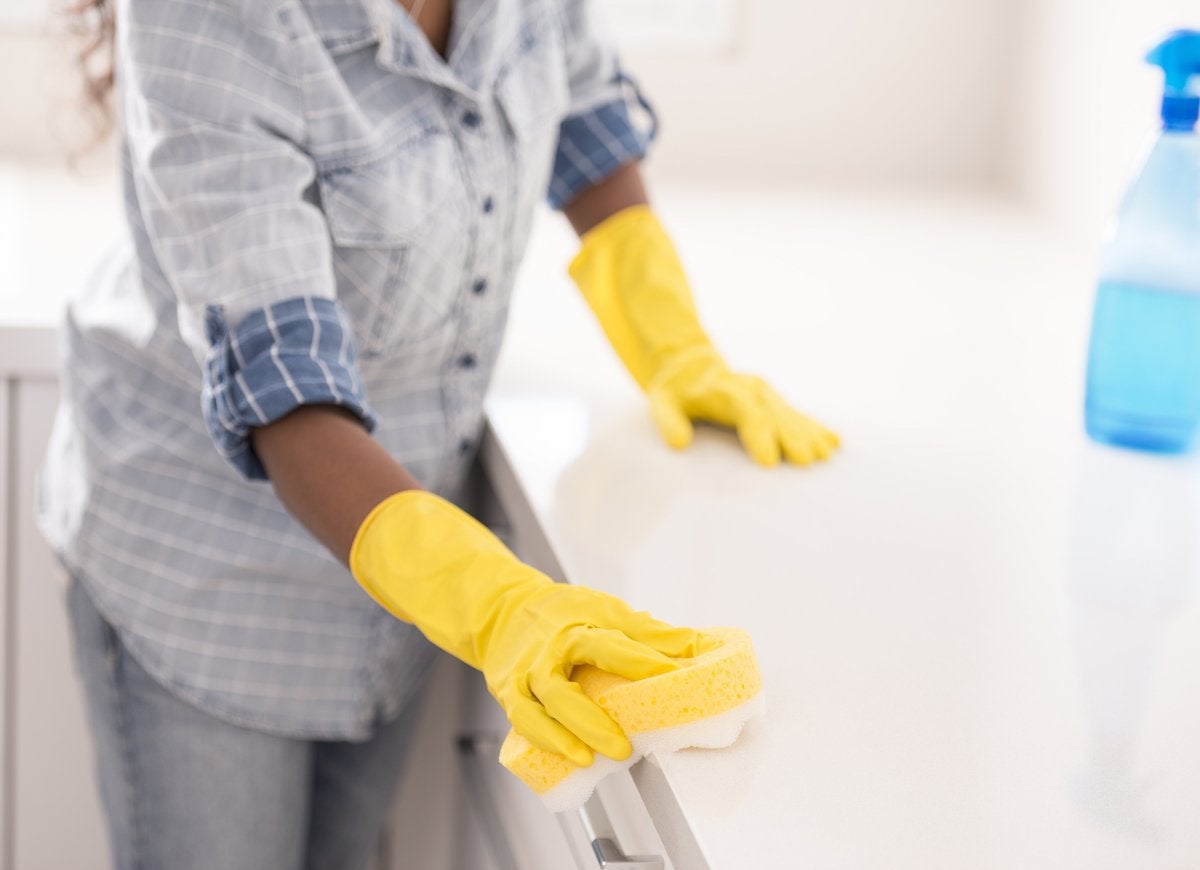
Hiring out services such as pool or yard maintenance, housecleaning, small repairs, or minor home remodeling projects does save you time, but it costs money that might have been better spent (or saved) elsewhere in your budget. Instead of engaging a professional, have your teenage son or daughter handle pool or yard care, and consider tackling small DIY and maintenance tasks yourself.
Buying Extended Warranties
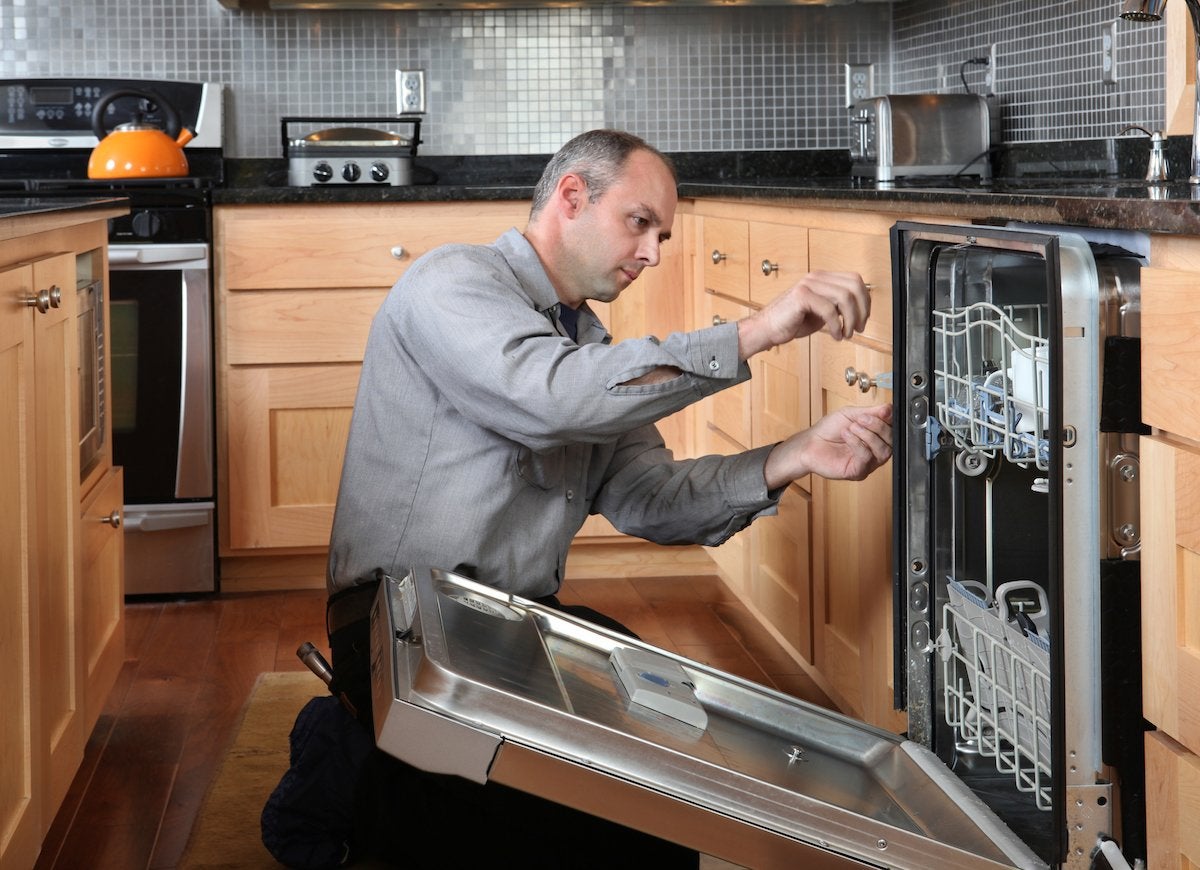
If you’re buying a new major home appliance, the salesperson will probably pressure you to purchase an extended warranty. Although this may sound like a money-wise choice, the truth is that many consumer advocates advise against them. The exclusions and fine-print rejections in an extended warranty can be lengthy, and chances are, if your appliance does need to be serviced, it will be covered under the manufacturer’s warranty. Review your manufacturer’s warranty first to help you decide if you need the extra coverage.
Using Old-School Light Bulbs
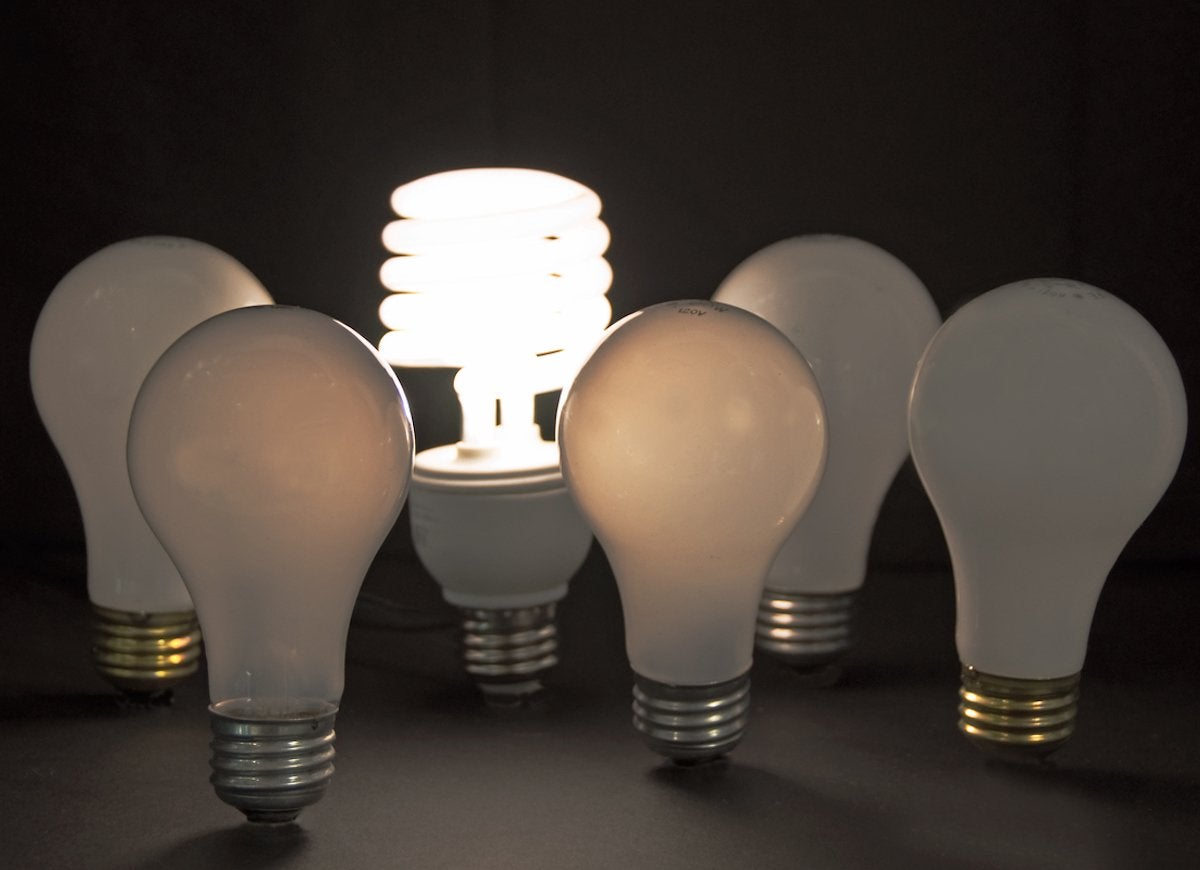
If you’re still holding on to your incandescent light bulbs, it’s time to let them go. While CFL and LED bulbs might cost more up front, they ultimately save you big through longer life and superior efficiency.
Doing Unnecessary Improvements
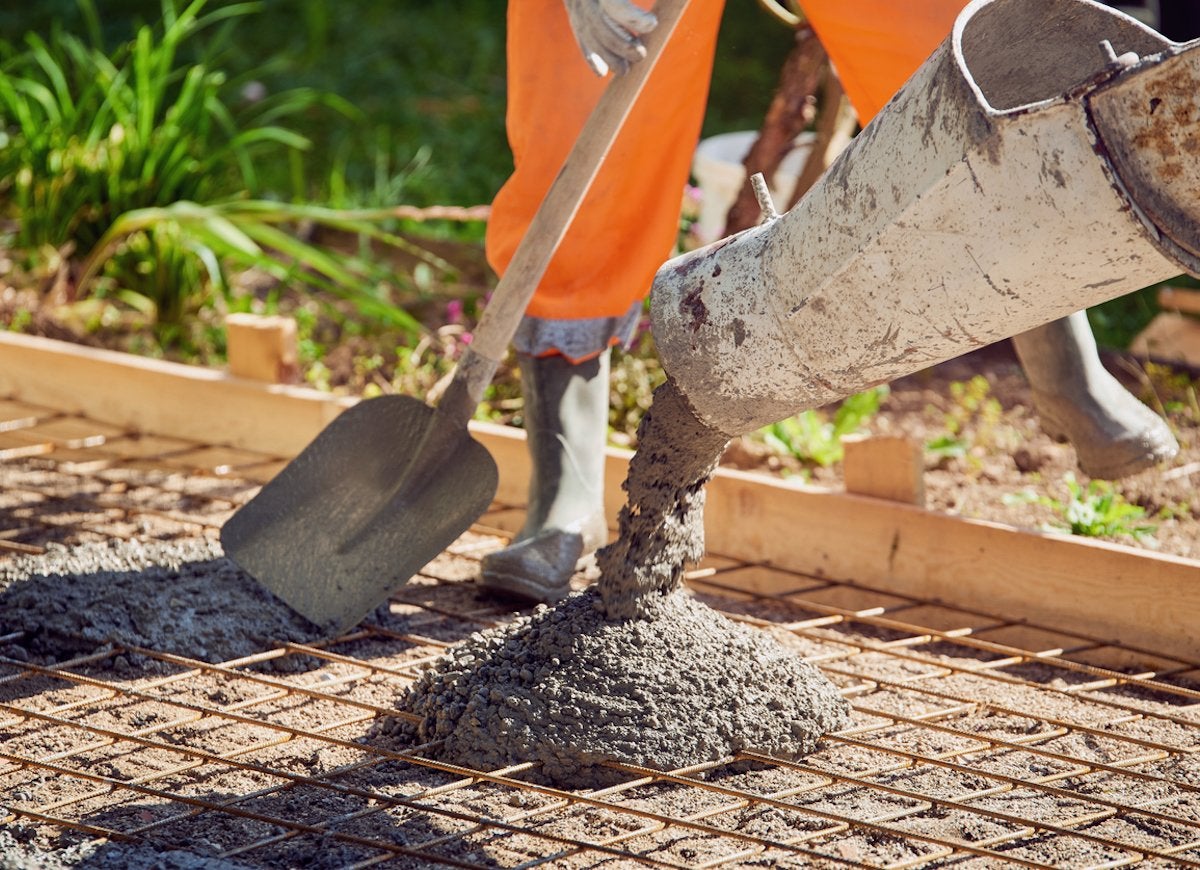
Before hiring a contractor to dig that swimming pool or add a new home office, think long and hard about how much you really need that expensive addition, and how much it will cost to maintain after the initial investment. After crunching the numbers, many homeowners find that the actual cost of a home improvement far exceeds their initial expectations.
Related: 9 Energy-Saving Home Upgrades That Pay for Themselves
Neglecting to Save for Emergencies

Nobody can foresee when household emergencies will strike—whether it’s a hole in the roof, a rusted-out water heater, or a doomed central heating system. But these malfunctions are all part of homeownership and it’s best to be prepared when they do occur. If you don’t set aside a portion of your savings for these types of home emergencies, you’ll end up having to pay for repairs on credit and get hit with a double whammy: the cost of the repair and the interest on your credit card.
Related: 10 Emergencies Every Homeowner Should Know How to Handle
Paying for Storage Pods or Self-Storage
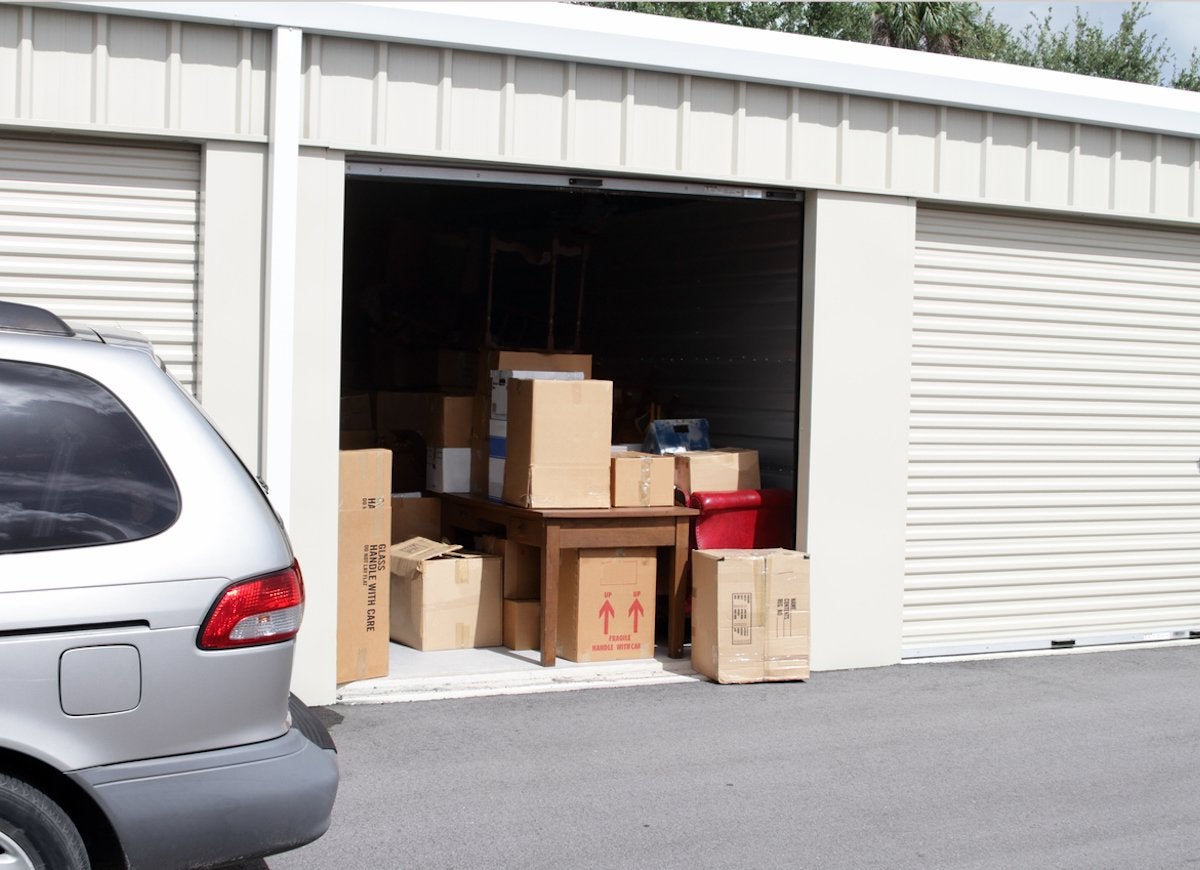
As a general rule, if you are paying to store your possessions in a pod or storage unit, you are wasting money. Unless you have a firm plan for using your stored items—say, a canoe for this summer’s family vacation, or an artificial tree for Christmas—assume that you’re never going to drag them out. Sell or donate your excess possessions, close your storage account, and save the money.
Related: The Best Organizers to Buy for Under $5, $15, and $25
Setting the Water Heater Too High
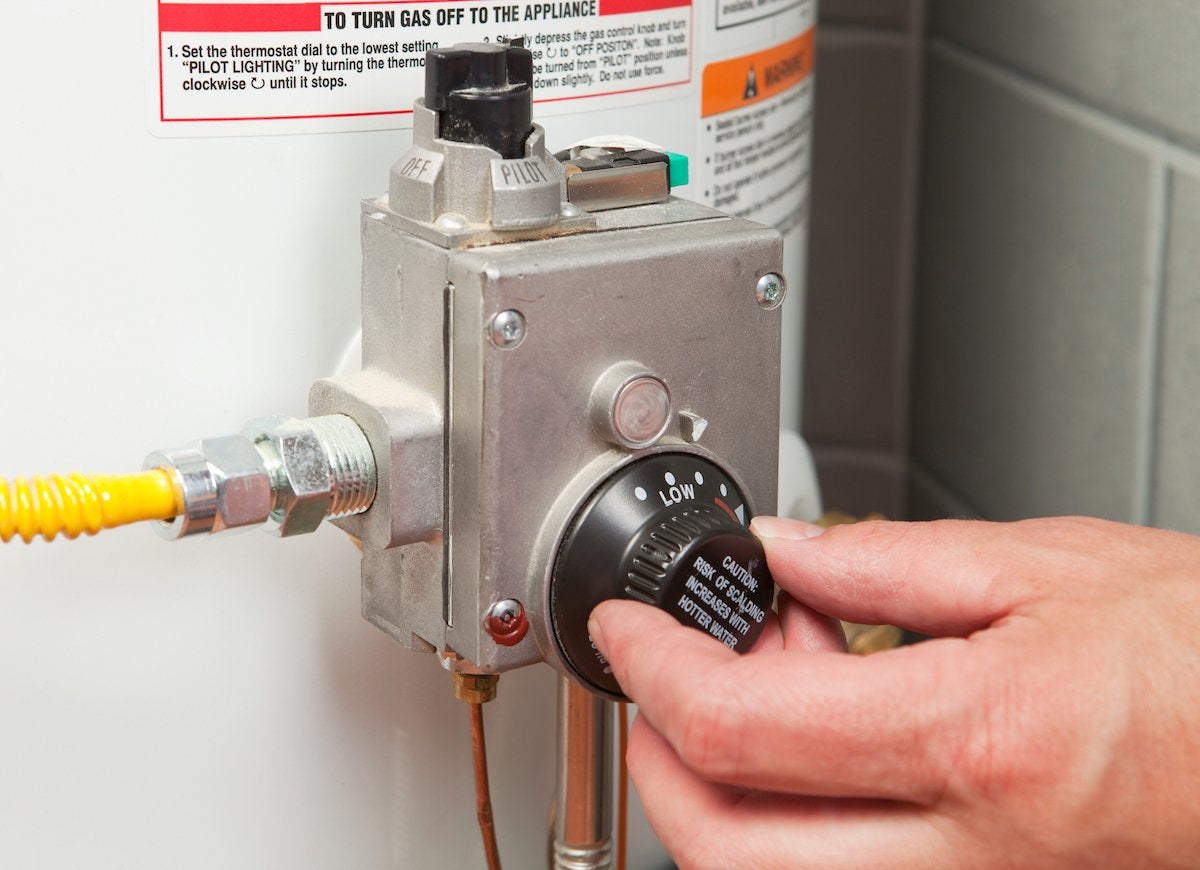
If your water heater is set above 120 degrees, your utility bills are too high. The U.S. Department of Energy recommends a water heater setting of 120 degrees to save money, reduce wasted energy, and lower the risk of scalding your skin.
Related: 21 Money-Saving Tricks That Every Homeowner Needs to Know
Not Changing Air-Conditioning Filters
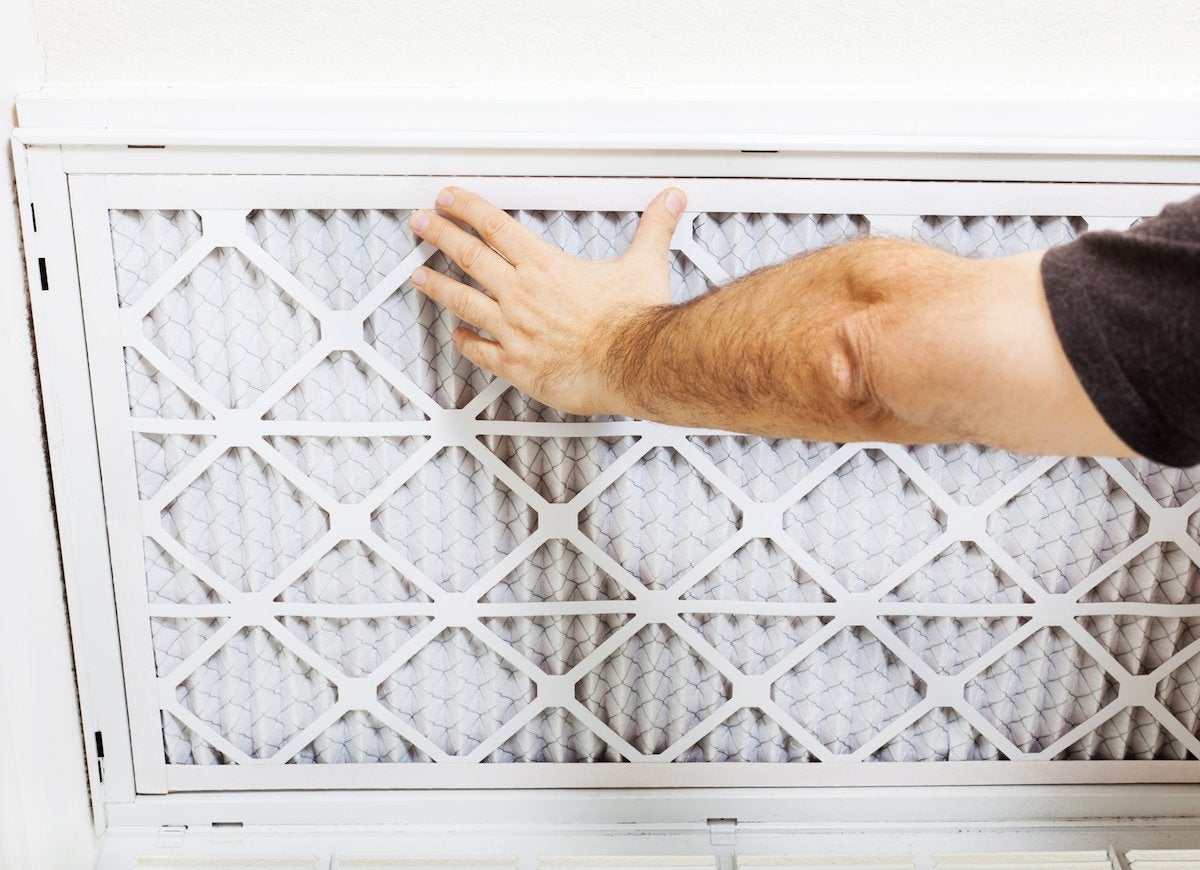
If you rarely—or even worse, never—change the filters in your HVAC system, you’re lowering its efficiency while raising your energy costs. To keep your air clean and your energy bills low, change your filters seasonally. Switch them out more often if you live in an especially dusty area, smoke, have pets, or suffer from allergies.
Planting High-Maintenance Landscaping
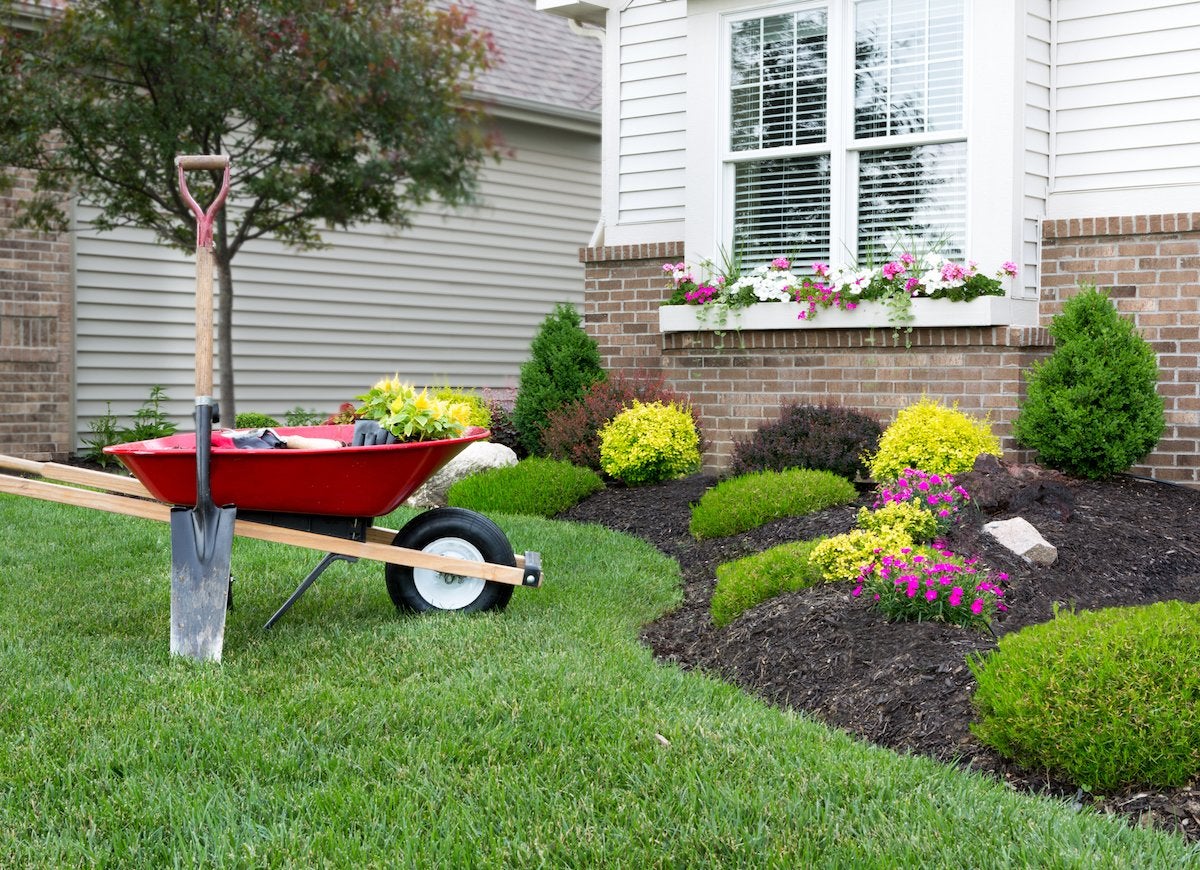
While every home’s curb appeal can benefit from attractive landscaping, it’s best to pass up on extravagant or delicate plantings that will require a professional’s expensive care. Instead, choose hardy greenery that will thrive with minimal maintenance, and liven up the yard with attractive and affordable annuals planted in pots and window boxes.
Not Comparing Insurance Quotes
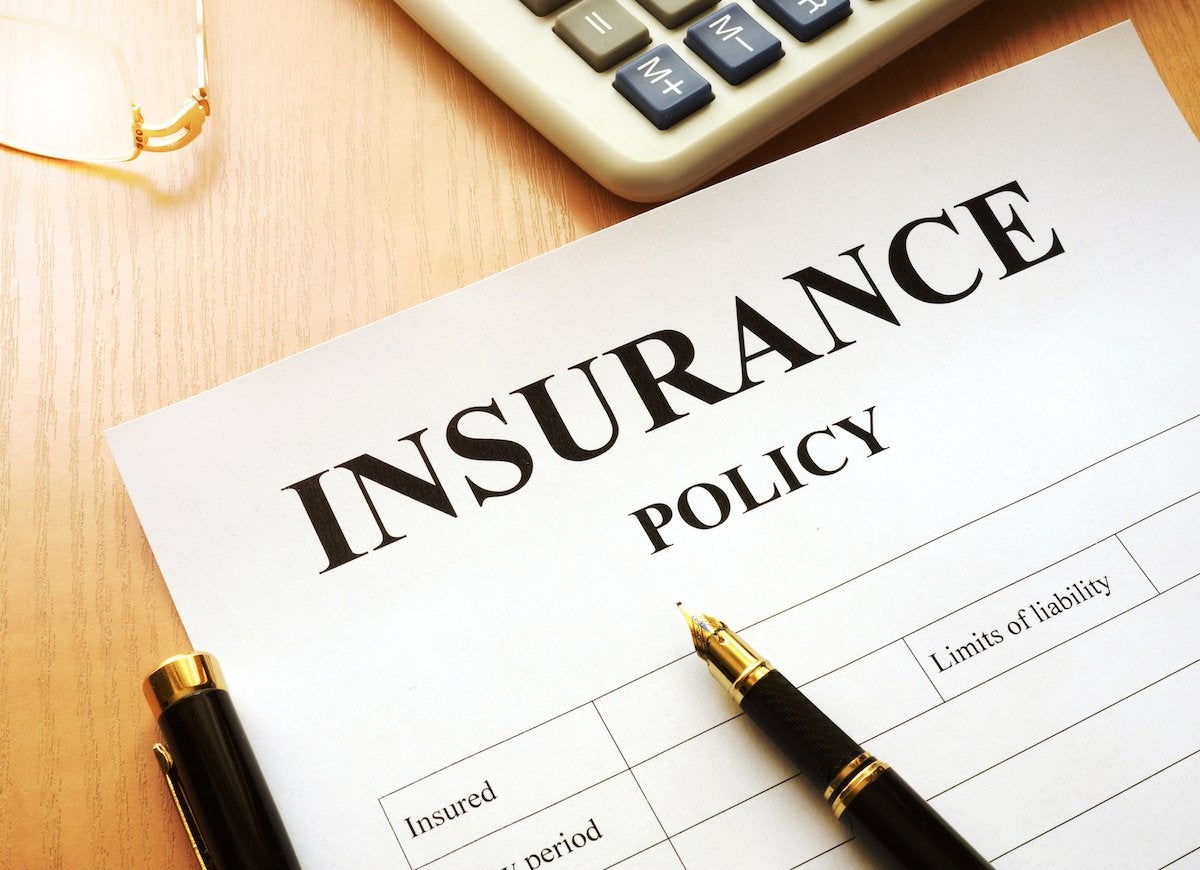
If you went with the insurance company your real estate agent recommended when you bought your home, or if you automatically signed up with the same company that provides your auto insurance, you may be paying too much. Shopping around can save you a considerable amount on your insurance premiums.
Related: The 25 Smartest and Smallest DIYs You Can Do for Your Home
Smart Savings

Sometimes in order to save money around the house, you have to invest a little into it first. While your instinct might be to cut corners on repairs or to choose cheaper products, there are instances when spending more will save you on costs in the long run.

A DIYer’s Guide to Replacing Flooring
Update the look and feel of any room by replacing old, worn-out flooring. These products and straightforward steps make it easy enough for any handy homeowner to do.
